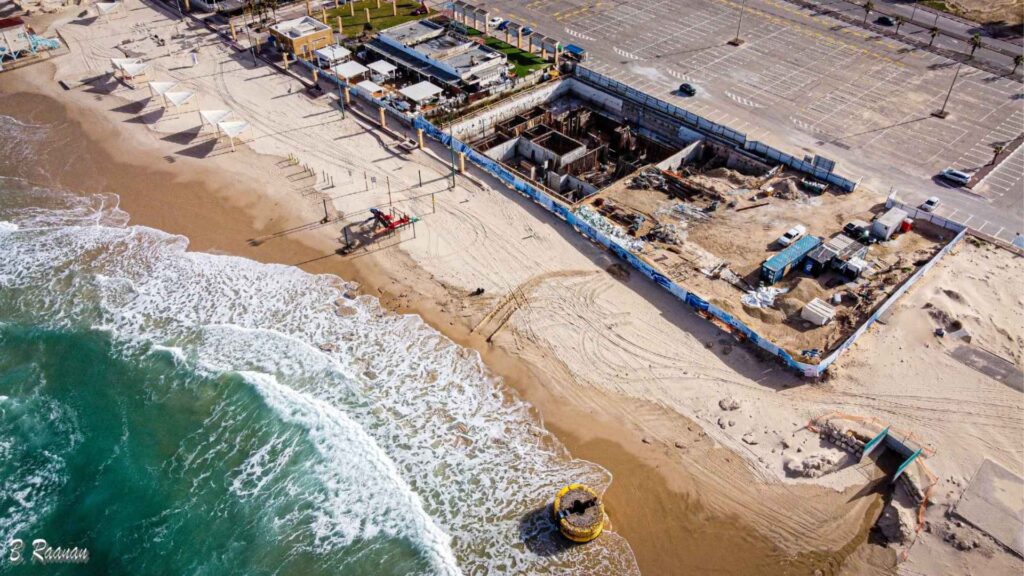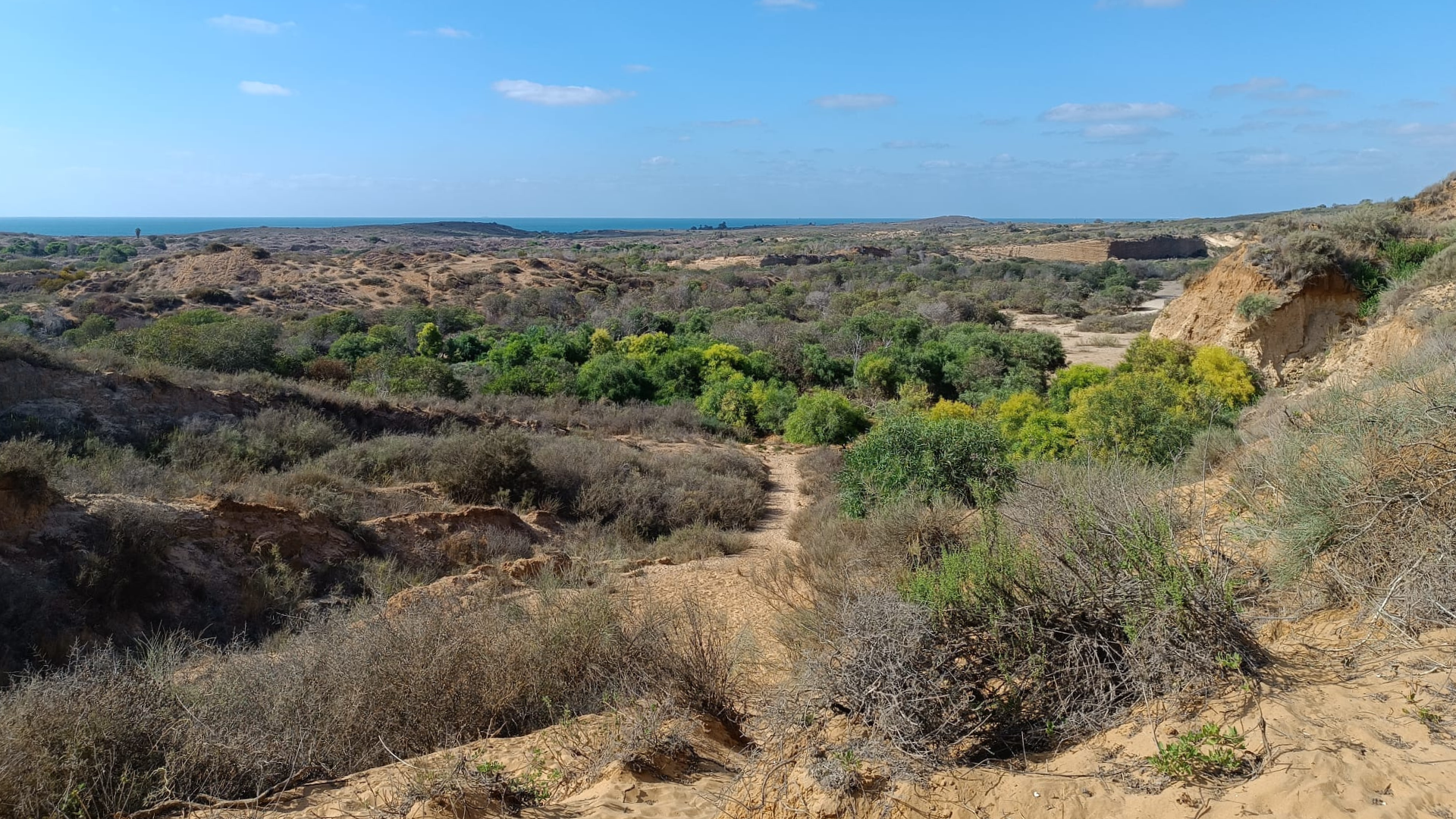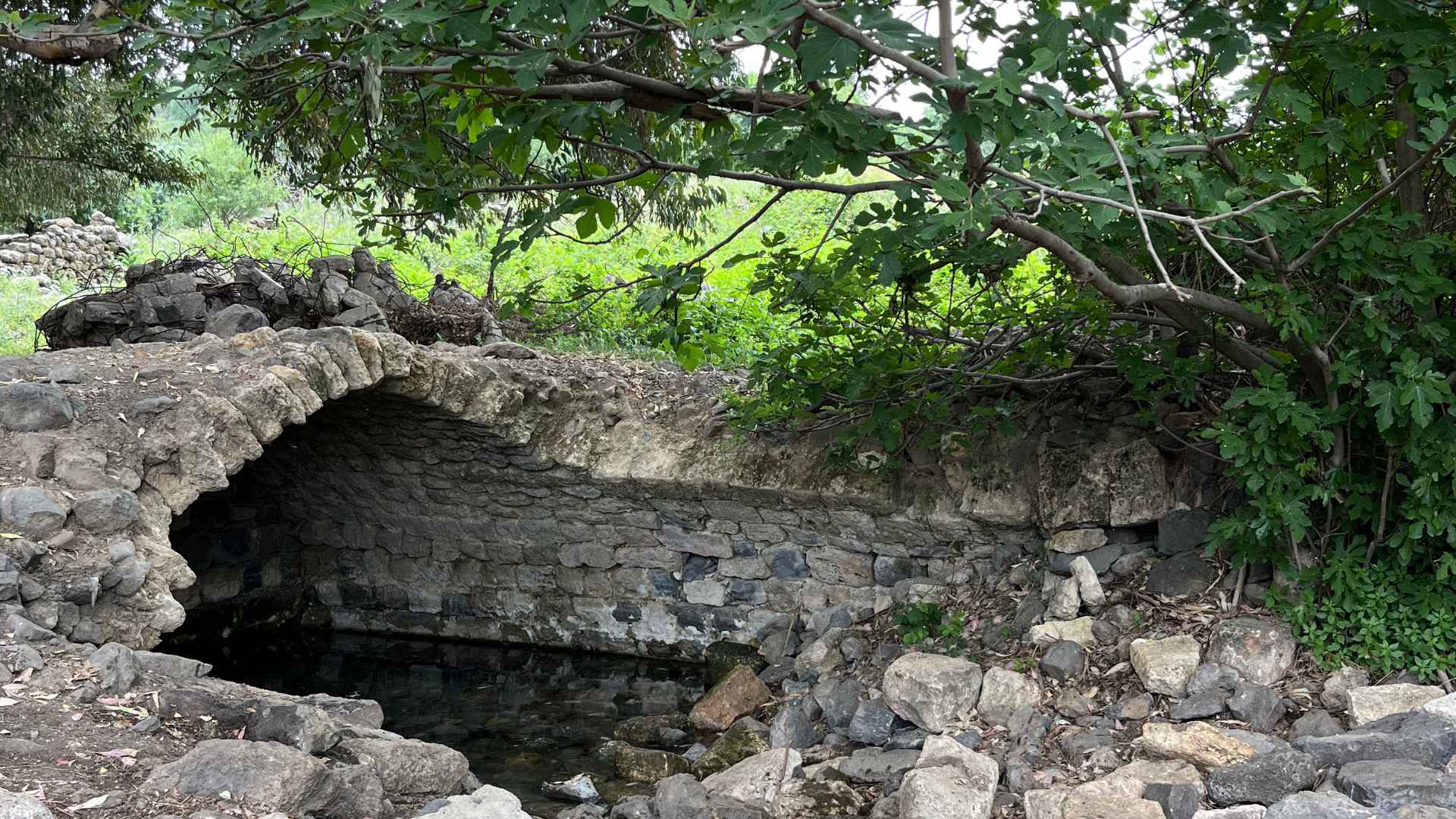Ashdod, Israel’s largest port, is home to a quarter of million people, many of whom make their living in the port, oil refineries, power stations and the crude oil terminal. The public beaches are, like in other coastal towns, a favorite and essential public recreational resource. The 2004 Coastal Protection Law did not include a solution to the many instances of ‘old plans’ approved for development prior to the law’s enactment. And so, every so often, a developer demands that the planners give the go-ahead for building on the public beach front, regardless of the conditions and circumstances that have changed since the building rights were first awarded.
In the case of the Lido Beach, the plan calls for 210 guest rooms in two hotels. The lot is adjacent to the narrow strip of sand that is the public beach. Local activists and the Public Forum for Environmental Quality in Ashdod also filed appeals.

Ortal Sanker, attorney at Adam Teva V’Din: “We knew this was going to be a difficult case to argue because technically, the Coastal Protection Law does not call for evaluation of old plans in light of current conditions. But we were able to convince the Southern District Planning Appeals Committee that the beach is subject to changes due to rising sea levels. De facto, the climate crisis is shrinking the available area for the public’s use, and there are alternatives lots of state-owned land suitable for hotels after a transfer of rights is agreed upon.”
The Appeals Committee accepted our claims in a majority opinion.
Tammy Gannot, deputy director and attorney at Adam Teva V’Din commented: “We work equally hard to engage with coastal towns like Ashdod, which was a key participant in a multi-year program for municipalities to develop coastal zone management programs. But as national environmental watchdog, we will continue to defend people’s rights of access to the Mediterranean public beaches, even if we have to go to court.”





